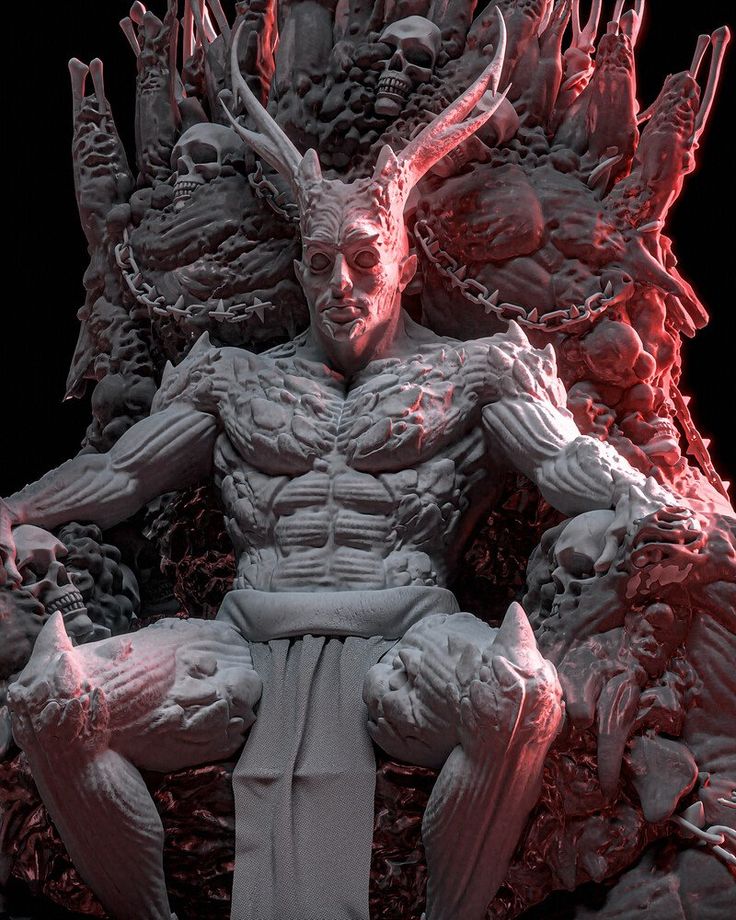Introduction:
Throughout human history, demons have fascinated and terrified us with their ethereal presence and ominous powers. These malevolent entities have intrigued countless cultures, religions, and mythologies, steadily weaving themselves into the tapestry of human belief systems. While demons are often associated with darkness and evil, is their role in our lives purely fictitious or do they have a deeper significance that transcends mere mythology? This article seeks to explore the role of demons in the life of an individual, examining both their mythical representations and their potential manifestations in reality.

The Mythical Perception of Demons:
In various mythologies across the globe, demons are often portrayed as supernatural beings, epitomizing evil forces and serving as adversaries to gods and humans alike. They are depicted as entities lurking in the shadows, tempting individuals towards sin and wreaking havoc upon the world. Mythological tales, such as the Greek myth of Pandora’s Box or the biblical story of the demon-possessed man in the New Testament, showcase the struggle between humanity and demonic influences.
Psychological Interpretation:
As our understanding of the human mind has evolved, many scholars and psychologists have sought to explore the concept of demons from a psychological perspective. In this interpretation, demons represent the darker aspects of our subconscious, including our traumas, fears, and unresolved emotions. They symbolize the inner demons that torment us, preventing personal growth and happiness. By acknowledging and confronting these internal demons, individuals can begin to heal and regain control over their lives.


Demons as Metaphors:
Beyond their psychological interpretation, demons can also serve as metaphors for external factors that influence our lives. In ancient times, illness and disease were often attributed to demonic possession, representing a lack of understanding of medical science. Today, demons can symbolize the challenges and adversities we face, ranging from addiction and mental health issues to societal pressures and personal demons. By recognizing and addressing these challenges head-on, individuals can embark on a journey of self-improvement and liberation.


The Reality of Demonic Influence:
While the existence of literal demons remains a subject of debate, some individuals claim to have experienced demonic encounters firsthand. Reports of possessions, exorcisms, and unexplainable supernatural occurrences continue to intrigue and divide communities. While skeptics argue that these experiences are rooted in psychological or physiological conditions, others believe they provide evidence of undeniable spiritual realities. Regardless of personal beliefs, the impact of demonic encounters on individuals cannot be dismissed, as they often have profound emotional and psychological consequences.


Conclusion:
The role of demons in human life is a complex and multifaceted subject, blending mythology, psychology, and personal experiences. Whether one believes in literal demonic entities or interprets them as symbolic representations, demons continue to hold influence over our lives. They remind us of the intangible darkness that lies within and the ongoing battle between good and evil. Ultimately, understanding and confronting our inner demons empowers us to lead healthier, more fulfilled lives, even as we continue to grapple with the mysteries of the supernatural realm that demons inhabit.






